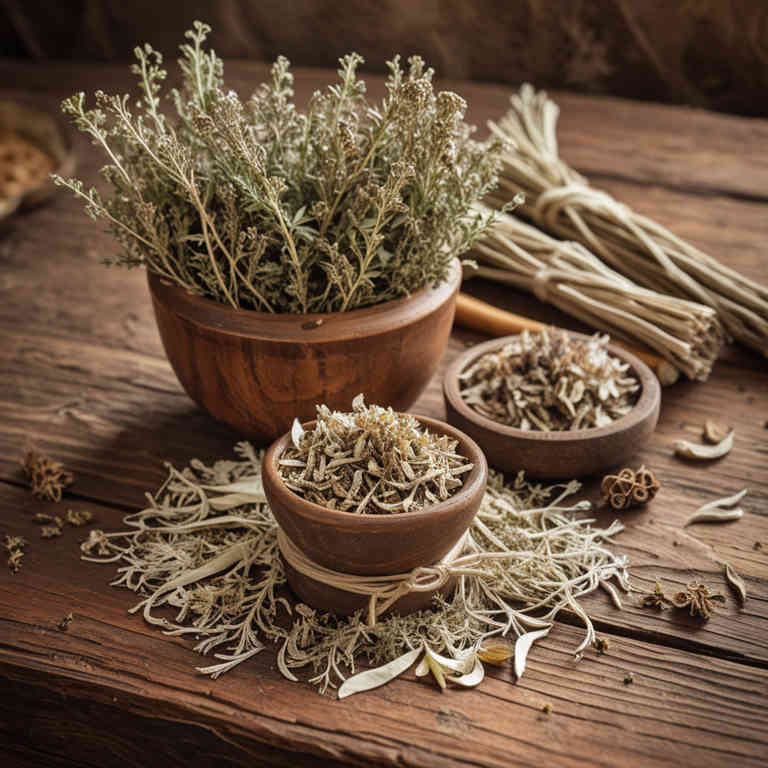Glycyrrhiza echinata mucillage for medicinal use

Glycyrrhiza echinata mucillage is a viscous, sticky substance derived from the root of the licorice plant.
It is rich in glycyrrhizin, a compound known for its anti-inflammatory and antiviral properties. In herbalism, it is used to soothe respiratory tract inflammation and as a demulcent to coat and protect mucous membranes. It may also support immune function and aid in the treatment of conditions like bronchitis and ulcers.
This preparation is often employed in traditional medicine for its soothing and healing effects on the digestive and respiratory systems.
Uses
Glycyrrhiza echinata mucillage has been used to treat respiratory and digestive ailments for centuries in traditional medicine systems such as Chinese and Ayurvedic medicine.
Historically, it was valued for its soothing properties, often employed to alleviate coughs, sore throats, and gastrointestinal inflammation. In modern times, it is recognized for its anti-inflammatory and antiviral effects, and is commonly used in herbal remedies and pharmaceutical formulations. The mucilage content provides a protective coating, making it useful in treating conditions like gastritis and ulcerative colitis.
Recent studies have also explored its potential in supporting immune function and reducing stress-related symptoms.
Benefits
Glycyrrhiza echinata mucillage has health benefits such as anti-inflammatory, antiviral, and soothing properties.
It is commonly used to support respiratory health by alleviating symptoms of coughs and sore throats. The mucilage content helps protect the mucous membranes, making it beneficial for digestive health as well. It may also aid in reducing stress by modulating the body's stress response.
This herbal preparation is often incorporated into traditional medicine for its calming and healing effects.
Constituents
Glycyrrhiza echinata mucillage active constituents include glycyrrhizin, flavonoids, saponins, and polysaccharides.
These compounds contribute to its anti-inflammatory, antiviral, and immunomodulatory properties. Glycyrrhizin, a triterpene glycoside, is known for its ability to inhibit viral replication and reduce inflammation. The flavonoids provide antioxidant support, while the polysaccharides may enhance immune function.
This preparation is commonly used in traditional medicine for respiratory and digestive health.
Preparation
To make Glycyrrhiza echinata mucillage, start by obtaining high-quality dried roots of Glycyrrhiza echinata.
Wash the roots thoroughly and chop them into small pieces to increase surface area for extraction. Place the chopped roots in a pot and add enough water to cover them by about 2 inches. Bring the mixture to a gentle boil, then reduce the heat and let it simmer for approximately 30 minutes.
Strain the liquid through a fine mesh strainer or cheesecloth to collect the mucilage-rich decoction, which can then be used as a herbal preparation.
Side Effects
Glycyrrhiza echinata mucillage may lead to hypertension, electrolyte imbalances, and adrenal gland suppression due to its high concentration of glycyrrhizin.
Prolonged use can cause sodium retention and potassium loss, increasing the risk of heart failure and arrhythmias. It may also induce pseudoaldosteronism, leading to symptoms such as edema and weakness. In high doses, it can potentially cause liver damage or interfere with the metabolism of certain medications.
Individuals with hypertension, heart disease, or kidney issues should use this preparation with caution and under medical supervision.